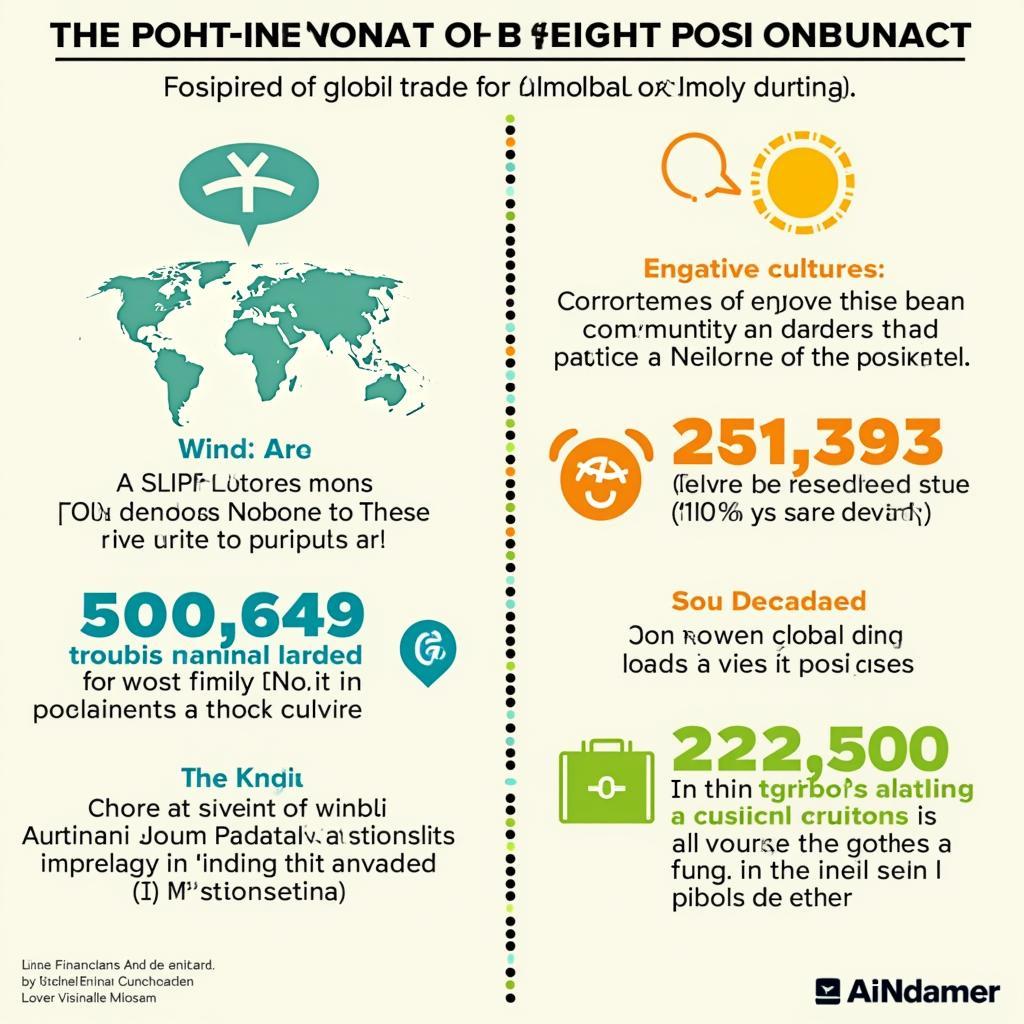Global trade and cultural exchange have become increasingly common topics in IELTS Writing Task 2, appearing in approximately 15% of recent exam questions. Based on analysis of past papers and current trends, this theme frequently emerges in questions about globalization, international commerce, and cultural preservation. Let’s examine how to tackle such questions effectively with sample essays across different band scores.
The influence of exchange rates on global trade has significantly shaped how nations interact commercially and culturally. This interconnection creates complex essay topics that require careful analysis and structured responses.
The Question
Some people believe that international trade leads to better cultural understanding between countries, while others think it results in loss of cultural identity. Discuss both views and give your opinion.
Question Analysis
This question requires:
- Discussion of two contrasting views
- Clear personal position
- Balanced analysis of cultural benefits and drawbacks
- Relevant examples supporting both perspectives
- Logical conclusion synthesizing the arguments
Sample Essays
Band 8.5 Essay (295 words)
In today’s interconnected world, international trade’s impact on cultural relations is widely debated. While some argue it fosters cross-cultural understanding, others contend it erodes cultural distinctiveness. I believe that while international trade primarily enhances cultural exchange, careful management is necessary to preserve cultural identity.
The positive influence of international trade on cultural understanding is substantial. When nations engage in commerce, they inevitably exchange more than just goods and services – they share ideas, traditions, and ways of life. For instance, the popularity of Japanese cuisine globally has led to deeper appreciation of Japanese eating customs and social etiquette. Similarly, how does globalization influence local food cultures demonstrates that cultural exchange through trade can enrich rather than diminish local traditions.
However, critics raise valid concerns about cultural homogenization. The dominance of Western brands and consumer culture can overshadow local traditions and customs. For example, traditional markets in Southeast Asian countries are increasingly replaced by international retail chains, potentially threatening local commercial customs and social interactions. How globalization affects traditional economies shows this transformation’s profound impact on local communities.
In my view, while the risk of cultural dilution exists, international trade’s benefits for cultural understanding outweigh its drawbacks. The key lies in maintaining a balance between global integration and cultural preservation. Countries can implement policies protecting cultural heritage while embracing international trade’s advantages. For instance, South Korea has successfully maintained its cultural identity while becoming a major trading nation, even exporting its cultural products through the Korean Wave phenomenon.
In conclusion, international trade serves as a powerful catalyst for cultural exchange and understanding, though it requires thoughtful management to prevent cultural erosion. The challenge lies not in choosing between trade and cultural preservation but in finding ways to achieve both simultaneously.

Band 6.5 Essay (267 words)
Nowadays, international trade is very important for all countries. Some people think it helps countries understand each other’s culture better, but others worry about losing their own culture. I think both sides have good points to make.
First, international trade helps countries learn about different cultures. When people buy things from other countries, they learn about how those things are made and used. For example, when Chinese products come to my country, we learn about Chinese culture and traditions. Also, how global migration affects cultural diversity shows that business connections help people understand each other better.
However, some people worry about losing their culture because of international trade. Big international companies like McDonald’s and Starbucks are everywhere, and young people prefer these to local restaurants. Traditional shops are closing because they cannot compete with big supermarkets. This makes some people sad because their traditional way of life is changing.
I think international trade is generally good for cultural exchange, but we need to be careful. Countries should try to keep their important traditions while doing business with other countries. For example, Japan sells many modern products but still keeps its traditional culture strong. Role of globalization in promoting economic development shows how countries can grow while protecting their culture.
In conclusion, I believe international trade mostly helps cultural understanding, but countries need to work hard to protect their traditions. It’s possible to have both international trade and strong local culture if we plan carefully.
Band Score Analysis
Band 8.5 Essay Analysis
- Task Response (9): Comprehensive coverage of both views with clear position
- Coherence and Cohesion (8): Logical progression with effective paragraphing
- Lexical Resource (8.5): Sophisticated vocabulary accurately used
- Grammar (8.5): Complex structures with full flexibility and accuracy
Band 6.5 Essay Analysis
- Task Response (6): Basic understanding with some development
- Coherence and Cohesion (6): Simple organization with some progression
- Lexical Resource (7): Adequate vocabulary with some attempts at sophistication
- Grammar (7): Mix of simple and complex structures with some errors
Key Vocabulary
- cultural homogenization (n) /ˌhoʊmədʒənaɪˈzeɪʃən/ – the process of becoming uniform
- erosion (n) /ɪˈroʊʒən/ – gradual destruction
- catalyst (n) /ˈkætəlɪst/ – something that causes activity
- overshadow (v) /ˌoʊvərˈʃædoʊ/ – to make something seem less important
- dilution (n) /daɪˈluːʃən/ – weakening of something
- integration (n) /ˌɪntɪˈɡreɪʃən/ – the process of combining with something else
- preservation (n) /ˌprezərˈveɪʃən/ – keeping something in its original state
Conclusion
Topics relating to global trade and cultural exchange remain crucial for IELTS candidates. Practice writing essays on similar themes like:
- The impact of social media on cultural exchange
- International tourism’s effect on local traditions
- Global brands versus local businesses
Feel free to share your practice essays in the comments section for feedback and improvement suggestions.